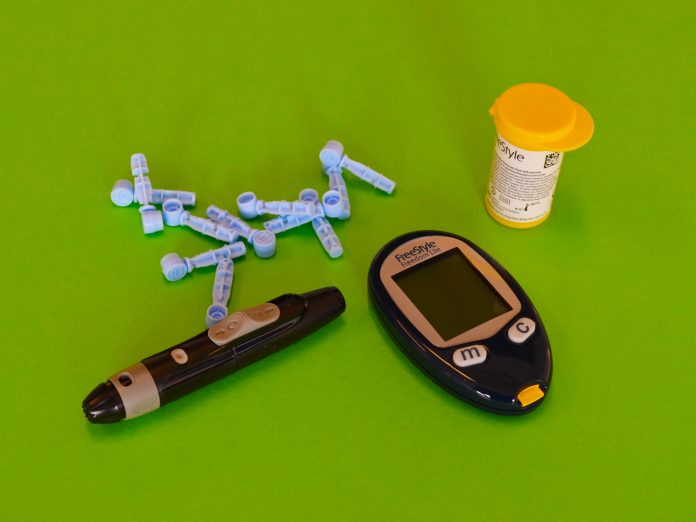Gestational diabetes is called gestational diabetes. It is one of the three major types of diabetes, the others being type 1 and type 2 diabetes. Gestational diabetes occurs when a pregnant mother has high blood sugar while pregnant with her baby. But it doesn’t matter if your blood sugar levels aren’t that high before pregnancy.
A mother can give birth to a healthy baby even if she is diagnosed with gestational diabetes. It can be managed with proper and timely medication and simple steps to control blood sugar levels. Gestational diabetes usually goes away once the baby is born. Find out how to treat diabetes during pregnancy and reduce further complications.
What Causes Gestational Diabetes?
Diabetes and pregnancy are closely related. It is caused during pregnancy when the placenta produces certain hormones that raise blood sugar levels. Normally, the pancreas produces enough insulin to moderate the rise in blood sugar levels.
However, if the pancreas cannot produce enough insulin, blood sugar levels can get out of control, leading to gestational diabetes. However, if the pancreas cannot produce enough insulin, blood sugar levels can spiral out of control and rise. What are the symptoms of gestational diabetes?
Pregnant women with this condition usually do not show early signs or symptoms of the disease. Therefore, it can be difficult to know if someone has developed the disease. Most women discover gestational diabetes during a routine pregnancy screening test. Although there are extreme cases
A woman may notice symptoms such as:
Frequent urination
Increased thirst and appetite
blurry vision
numbness in legs and feet
Are there risk factors? Gestational diabetes affects up to 10% of pregnancies each year. This means that you are not very likely to develop diabetes during pregnancy.
Nevertheless, women can develop gestational diabetes due to the following:
Obesity before pregnancy
unusually high blood sugar
family history of diabetes
high blood pressure or other complications
Over 25 How to manage gestational diabetes?
Once diagnosed, it is important to follow your doctor’s advice not only to control blood sugar levels but to prevent further complications for both mother and child.
The most recommended way to treat gestational diabetes is to achieve your ideal weight through a balanced diet and moderate exercise. Expectant mothers should control blood sugar levels by eating adequate carbohydrates, eating a nutritious diet of high-fiber foods, and limiting fat intake.
Generally, diabetes is treated during pregnancy if the expectant mother leads a healthy lifestyle. But if all else fails, your doctor can advise you on the right medication in the form of insulin or other medications.
take it away
Gestational diabetes is one of the most common complications of pregnancy. Once diagnosed, instead of worrying about it, expectant mothers should actively adopt a healthier lifestyle and prescribed medications to reduce the chances of post-pregnancy complications. there is. Women should be aware that the risks of untreated gestational diabetes can be fatal for both themselves and their babies.
As for diabetes during pregnancy, it can be said that women are more likely to gain weight due to the secretion of female hormones. These hormonal changes prevent some cells from processing insulin correctly, making the body resistant to insulin.
Pregnant women usually become insulin resistant during the third trimester of pregnancy. Most women can overcome insulin resistance problems by producing enough insulin, but some develop gestational diabetes.













